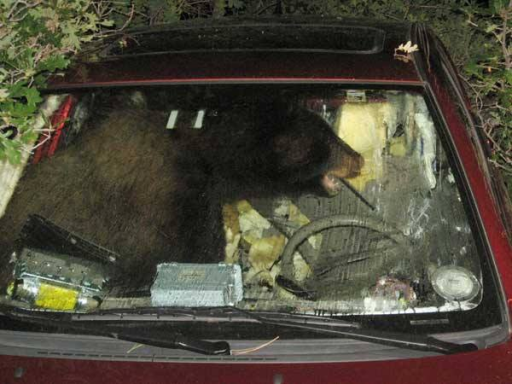We are headed down to TX in June for 10 days camping at Big Bend and Guadalupe. I currently have 100W portable solar panel and a Rockpals 300w battery. Before I go off and buy an electric cooler, I had some concerns about the heat and how we are going to maintain power on the trip. For those who use similar set ups, I assume I can have my solar panel powering my battery while it runs the cooler? But what about the times when the cooler needs to be stored in the car during the day (bears in the area)? Will the high temps in the car cause units (cooler and battery) to shut down or malfunction due to the high heat?
We haven't bought a cooler yet, but the Dometic line is too expensive for us. Any recommendations on what unit to buy and how to power it would be welcome.
Thanks!
We haven't bought a cooler yet, but the Dometic line is too expensive for us. Any recommendations on what unit to buy and how to power it would be welcome.
Thanks!









